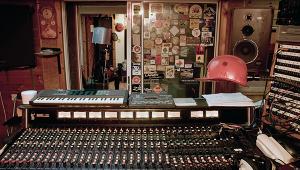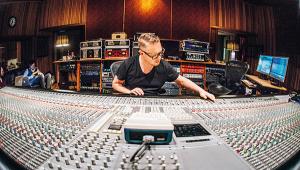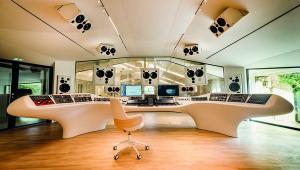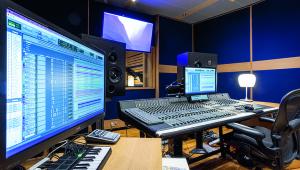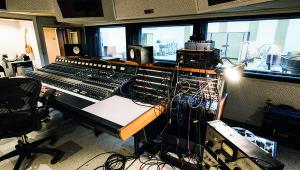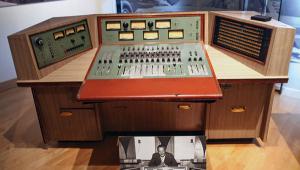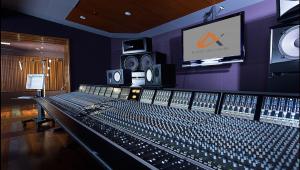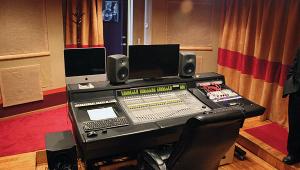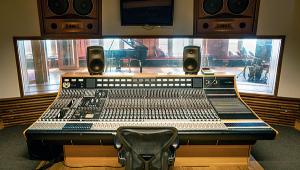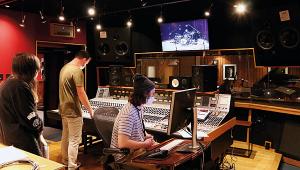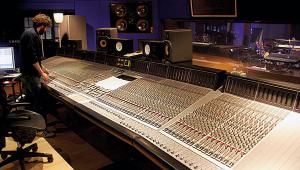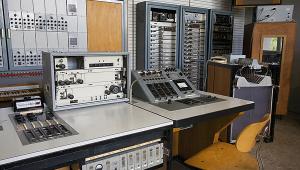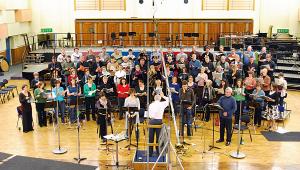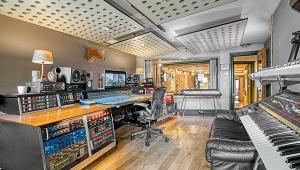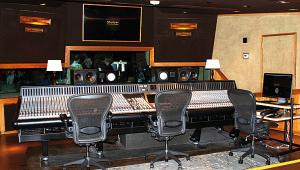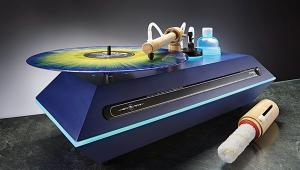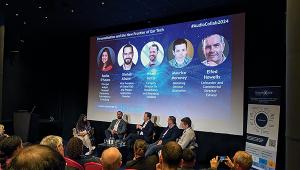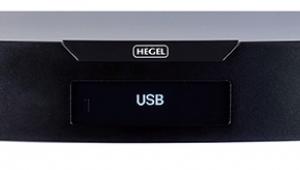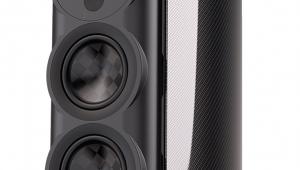SARM Music Village
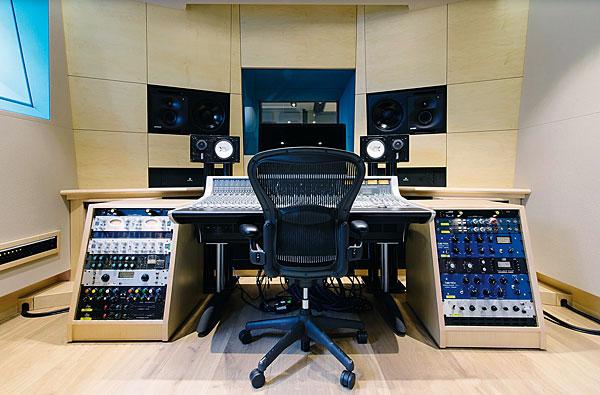
The Boy couldn't get out of bed. The phone rang. And rang. And rang again. The boy turned over, tugged the pillow down hard over his head, and fell back asleep. The phone rang. And rang. And rang again. Eventually the ringing roused him. He'd had a heavy night and was feeling rough. He answered the phone. The voice on the other end, Irish, cursed him.
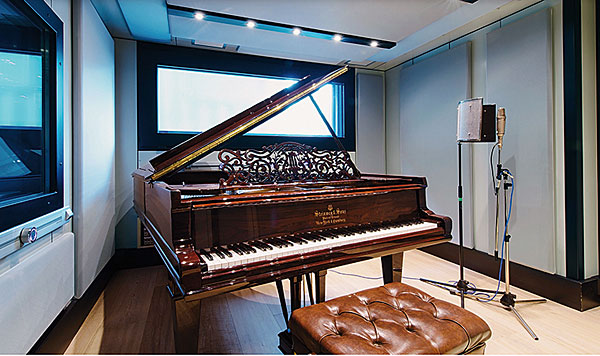
He was needed, he was told, the instruction peppered with expletives, in the studio. Now! The Boy mumbled his intention to come right over. Then he fell back asleep. The studio, by the way, was in London. The Boy was in New York.
Some hours later, at 6pm to be precise, Boy George – for it was he – sashayed into the studio on Basing Street, Notting Hill, straight off the last Concorde flight of the day, to lay down what was the final vocal on Bob Geldof's – for it was he doing the hectoring – 'Do They Know It's Christmas?'. This was the charity single which would go on to raise over $2 million for famine relief.
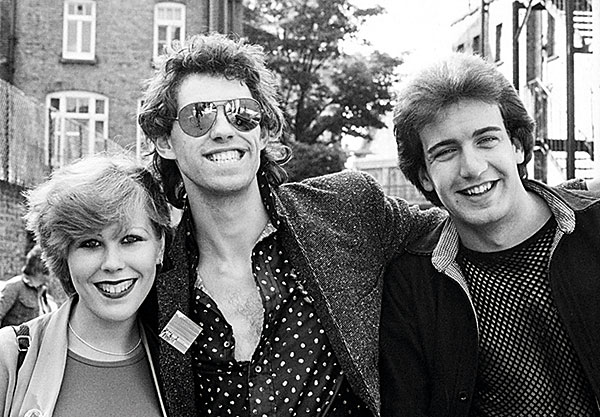
Mission Control
It's surely unnecessary to recount in too much detail the genesis of how Geldof was moved by a BBC news programme highlighting the mass starvation in Ethiopia to instigate the Band Aid Feed The World project which led, seven months later, to the global Live Aid event. What does concern us here though, is why and how the Band Aid recording was hosted at SARM West Studios on the 25th of November 1984.
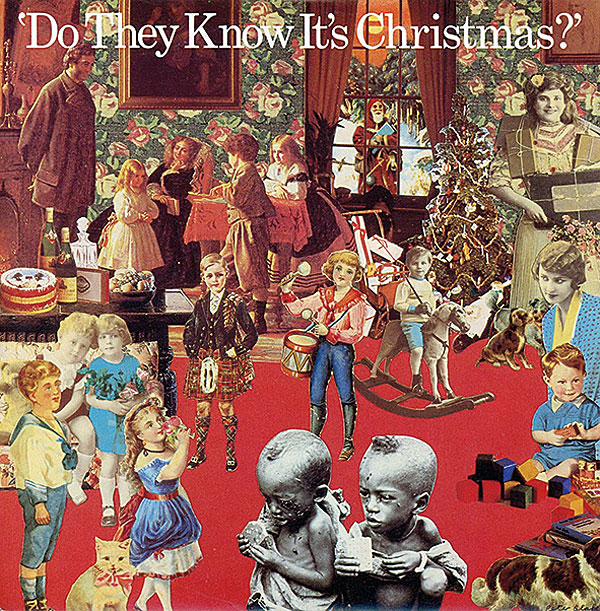
Geldof was on a rabid mission to round up all the available superstar talent to give the disc as big a chance as could be to sell as many money-raising copies as possible. His aim was to hit the approaching festive season when people were out at the shops and in the mood to buy and he had his eye on making sure that the single 'Do They Know It's Christmas?' had a realistic shot at the Christmas No 1.
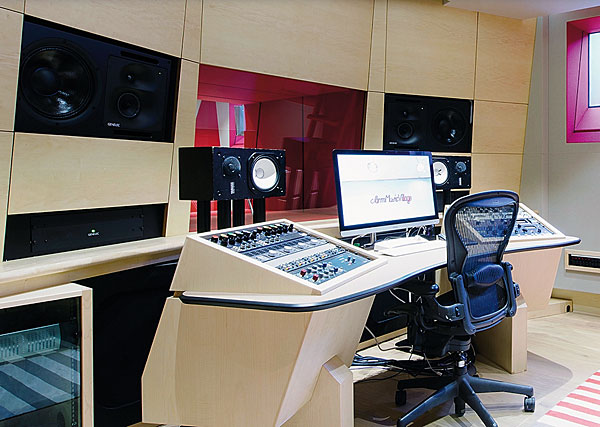
With that in mind, he reached out to Trevor Horn, pretty much the year's most successful producer with three No1 singles from Frankie Goes To Hollywood under his belt, and asked if he'd twiddle the knobs. Horn demurred. His schedule was crammed, his technique too fastidious, and he feared he'd let the side down if he couldn't deliver the project in time. He reckoned it would take him at least six weeks to get something good together so, to make amends he offered his studio, SARM, free of charge for 24 hours as the project's recording base.
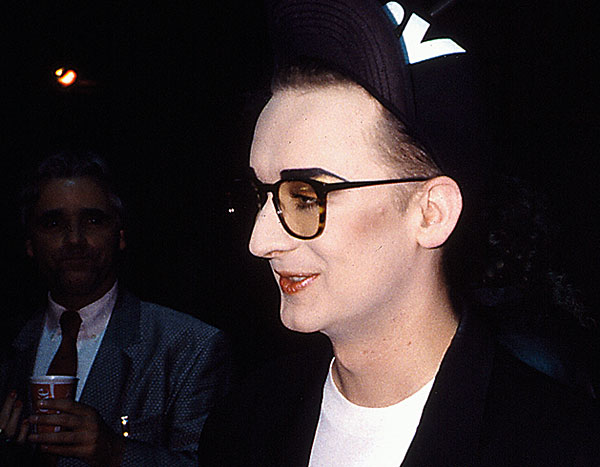
Island Life
Geldof snapped up the offer and that's why a steady procession of chart-busting stars were seen traipsing into the building on the day of recording. And rather more unsteadily staggering back out some hours later after the champagne corks had been popped.
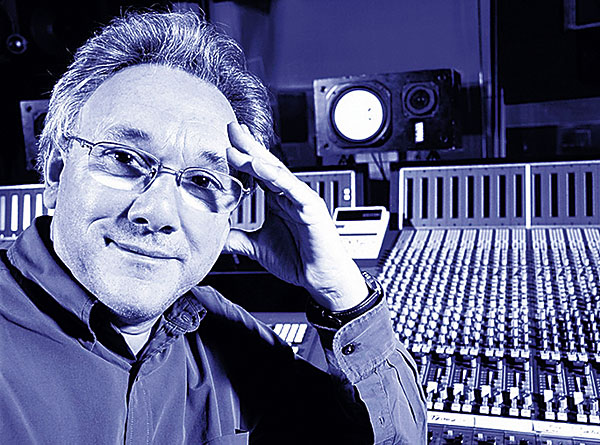
Among the superstar throng gathered around the mic and captured on film for the world to witness on that historic day were Bono, Duran Duran, Phil Collins, Bananarama, George Michael, Spandau Ballet, Sting, Paul Weller and song co-writer (with Geldof) and producer in-situ, Midge Ure.
And so it was, for quite a while back then, that SARM West became the most famous studio in the world. But it hadn't always been known as SARM (which stands for Sound And Recording Mobiles)...
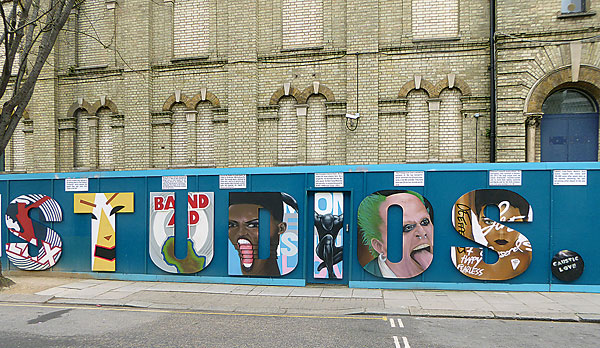
The business started out as a church which was deconsecrated by the time, in 1969, that Island Records boss Chris Blackwell bought it, kitted it out and rechristened it Basing Street Studios (which was also known as Island Studios for obvious reasons). During this tenure, many of the label's artists recorded here. Fab albums cooked up in whole or part within its walls include John Martyn's Solid Air, Free's Fire And Water, Mott The Hoople's Wildlife, Cat Stevens' Tea For The Tillerman, Genesis' Foxtrot and Selling England By The Pound, and Traffic's John Barleycorn Must Die and Low Spark Of High Heeled Boys, while Bob Marley & The Wailers' Catch A Fire and Burnin' were mixed here. Marley lived in an apartment above the studios for a while, employing his personal chef in its kitchens.
